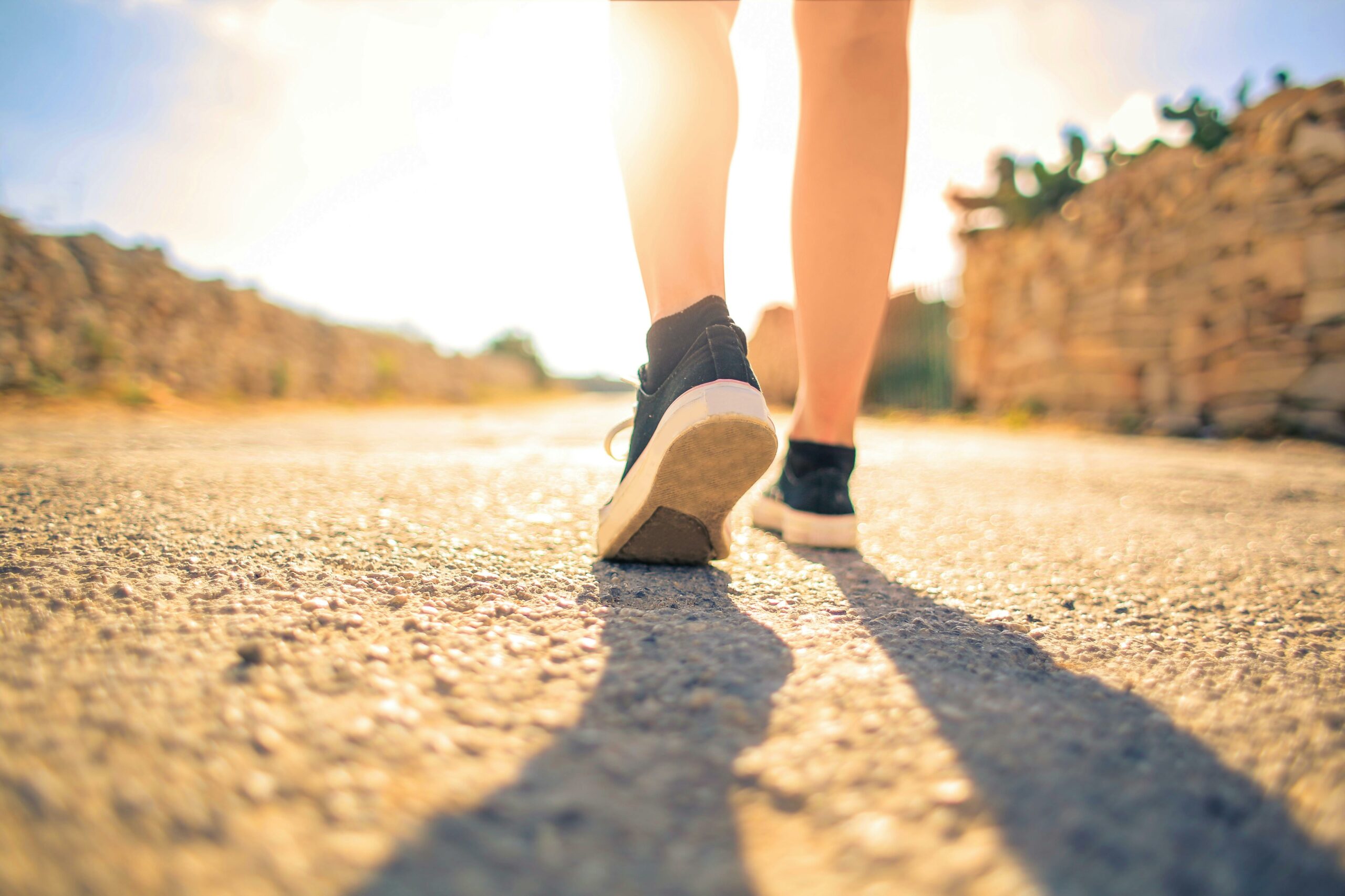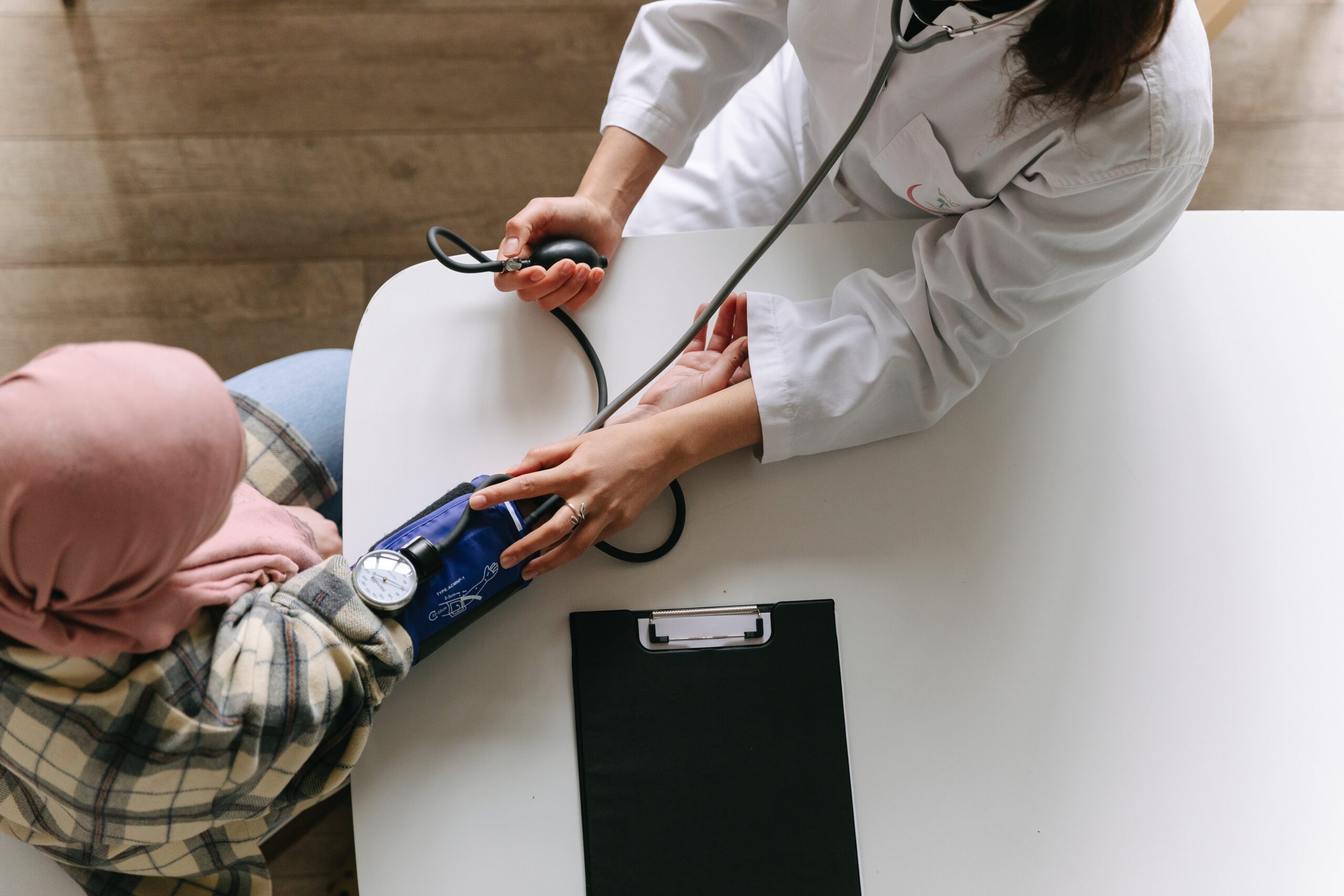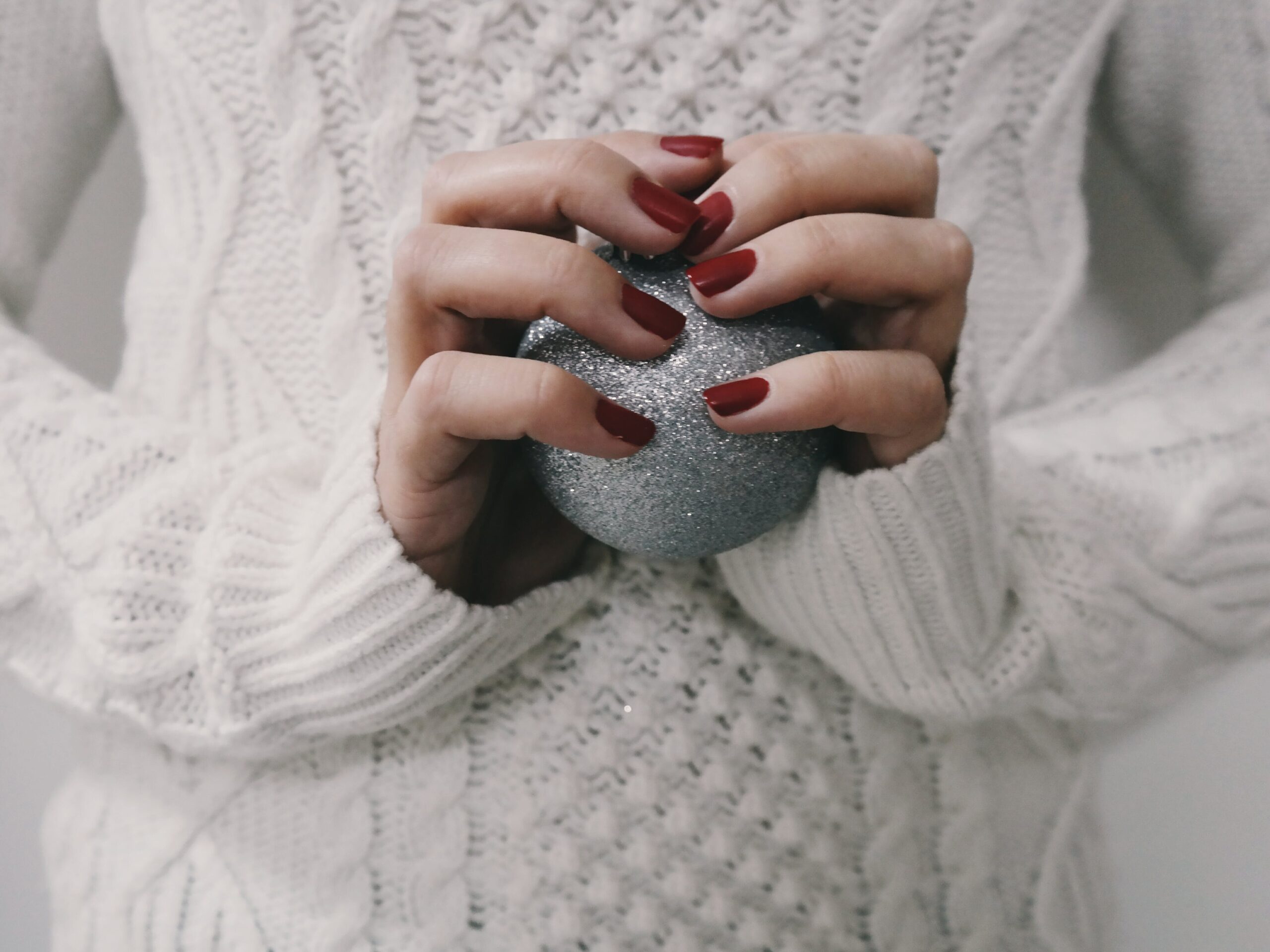It’s easy to get swept up in summertime fun, but there are many reasons to take the hot temps seriously and choose safety first. In 2023, there were 2,302 heat-related deaths in the U.S. and heat-related deaths continue to increase each year.
There are many ways that high temperatures affect our health. It can increase your risk of heart disease and heat stroke. Heat also increases the amounts of ground-level ozone, which causes asthma and chronic obstructive pulmonary disease (COPD). The elderly, children, those who are pregnant, and people with compromised health conditions are at an even higher risk.
Although the summer heat can increase the risk of health issues, there are steps to take to avoid these dangers. We’ve got you covered this summer with a list of ways to beat the heat and protect your health all summer long. Keep reading to learn more!
- Protect Your Body
One simple way to stay safe outside in the heat is to dress appropriately. You can do this by wearing breathable materials that are lightweight and light colors. Wear a hat and sunglasses to protect yourself from harsh UV rays. Not only will this prevent sunburns, but can also protect against blindness.
UV rays damage your eyes and come from all directions, not just from above. They also reflect off surfaces around you and shine in your eyes. Eyewear that blocks UV rays will protect your eyes from severe damage and a hat can further block reflections.
A portable, hands-free fan and spray bottle can cool you down with a light breeze and water mist. If you’re outside for a while, an umbrella can be used to ensure the shade travels with you. Choosing well-ventilated shoes can help to keep your feet cool.
Don’t leave your house without applying broadspectrum sunblock with at least 15 SPF. Sweating and swimming can cause your sunblock to wash off, so reapply every two hours or directly after towelling off.
If you get sunburned, stay out of the sun until it heals and moisturize the burn with lotion or aloe. Don’t burst any blisters and cool your skin with baths and a damp cloth.
- Drink Water and Stay Hydrated
When our bodies are exposed to extreme heat, the cardiovascular system struggles to thermoregulate the body’s internal temperature. Your temperature can quickly rise to a dangerous level and excessive sweating causes your body to lose water. This can cause deadly health conditions including heat stroke and dehydration.
About 75% of American adults are chronically dehydrated. Dehydration is caused when you lose more water than you’re taking in. Some ways your body loses water rapidly is through breathing, sweating, vomiting, kidneys. The heat can increase your rate of water and salt loss, especially if you are exercising and sweating more or breathing heavily.
Dehydration alone can cause death, but it can also cause other dangerous health problems. When you’re dehydrated, your heart has to work harder to pump blood through your body. If you have certain medical conditions such as diabetes or heart disease, you’re at greater risk for a heart attack or stroke.
- Know the Warning Signs
Certain medical conditions require more water intake to remain hydrated. Plus, some medications including diuretics, beta-blockers, ace receptor blockers, calcium channel blockers, and ace inhibitors can cause your body to react strongly to heat.
The best way to determine if you are dehydrated is to monitor your urine. Having clear urine is a good sign that you’re hydrated. If your urine is yellow, then it’s a sign that you may be dehydrated and should drink more water.
Other symptoms of dehydration include dizziness, headaches, swollen feet, muscle cramps, and feeling tired. It’s important to slow down and get out of the heat if you feel unwell. If you stop sweating, this is a sign that you are already dehydrated and at risk for heat stroke.
To avoid dehydration, drink water before you’re thirsty throughout the day. This is because you may already be dehydrated before you feel thirsty. Drink one cup of water every 15-20 minutes for the best results. Drinking water throughout the day in short intervals is more effective than drinking a lot all at once.
If you are preparing to exercise or brave the heat, drink water before going outside. Otherwise you’ll be playing catch-up against dehydration.
Drinking too much water can have a dangerous effect. Overhydration, or too much liquid, is when the concentration of salt in your blood is too low and electrolyte imbalances (hyponatremia) occur, which can cause a medical emergency.
To maintain a healthy balance of water and electrolytes, eat well-balanced meals. Unless you are profusely sweating for several hours, it is unnecessary to drink sports drinks. These tend to contain a lot of sugars and unnecessary calories. Alcoholic drinks, soda, and caffeine (including energy drinks) can cause dehydration, so limit your intake while in the heat.
- Heat-Related Illnesses
Every year employees are put at risk and dozens die while working in hot or humid conditions. Whether your at home or at work, it’s important to take precautions to prevent yourself from falling victim to heat illnesses.
Heat illnesses can affect anyone of any age, especially during rigorous activity while at work or while exercising. They include heat stroke, Rhabdomyolysis (muscle breakdown), heat cramps, heat exhaustion, heat syncope, and heat rash. Use the buddy system to watch over your friends, family, and co-workers. Be on the lookout for common signs of heat illnesses such as small red bumps on the skin, muscle spasms, nausea or vomiting, slurred speech, rapid heart rate, or heavy sweating.
If the person is unconscious, immediately call 911. Heat stroke can cause death, so act fast and move the person to a cooler area. Remove excess clothing and use ice or cool water to lower their body temperature. Using a fan to blow air on the person may increase their body temperature if heat index temperatures are above 90 degrees. So instead try to find a spot in the shade or air-conditioned space indoors.
- Too Hot for Your Heart
Studies show that in extremely high temperatures, the rate of cardiovascular deaths can double or triple. In extreme heat, your heart has to work harder to cool your body down. It does this by pumping blood from major organs to your skin. If you are already at risk, then this can pose a threat to your well-being.
Some signs of heat exhaustion include pale skin, headaches, fast and weak pulse, nausea and/or vomiting, dizziness, and even passing out. If you feel your heart rate increase or your temperature is 103 degrees Fahrenheit or higher, you could be in danger. Call 911 and get to a shady area. Don’t drink liquids, instead try to bring your body temperature down with a cool bath or wet cloth.
Staying active is still important for your heart’s health. Try to bring activities indoors if it’s too hot to exercise outside. Choose an air-conditioned gym or stay fit by going swimming. If you do spend time outdoors, avoid the hottest time of the day which occurs between 11 a.m.-12 p.m.
When you’re outside bring extra water and healthy snacks like frozen fruit smoothies, cold salads, and fresh vegetables to keep you cooler. Check on your pets often whether they are outside or indoors to ensure they are also staying cool and have access to drinking water. Never leave your pets or children in the car, as heat can rise by 20 degrees in just 10 minutes inside a vehicle.
Time for Summer Fun!
Sometimes the summer heat can take us by surprise. Preparing ahead by drinking water, dressing appropriately, and knowing the warning signs of heat illnesses can protect you and your loved ones. We hope you found these tips helpful and allow you to have a safe and fun time all summer long!
Ready to take action toward better health this summer for you and your family? Let us help you get there by scheduling an appointment here.










